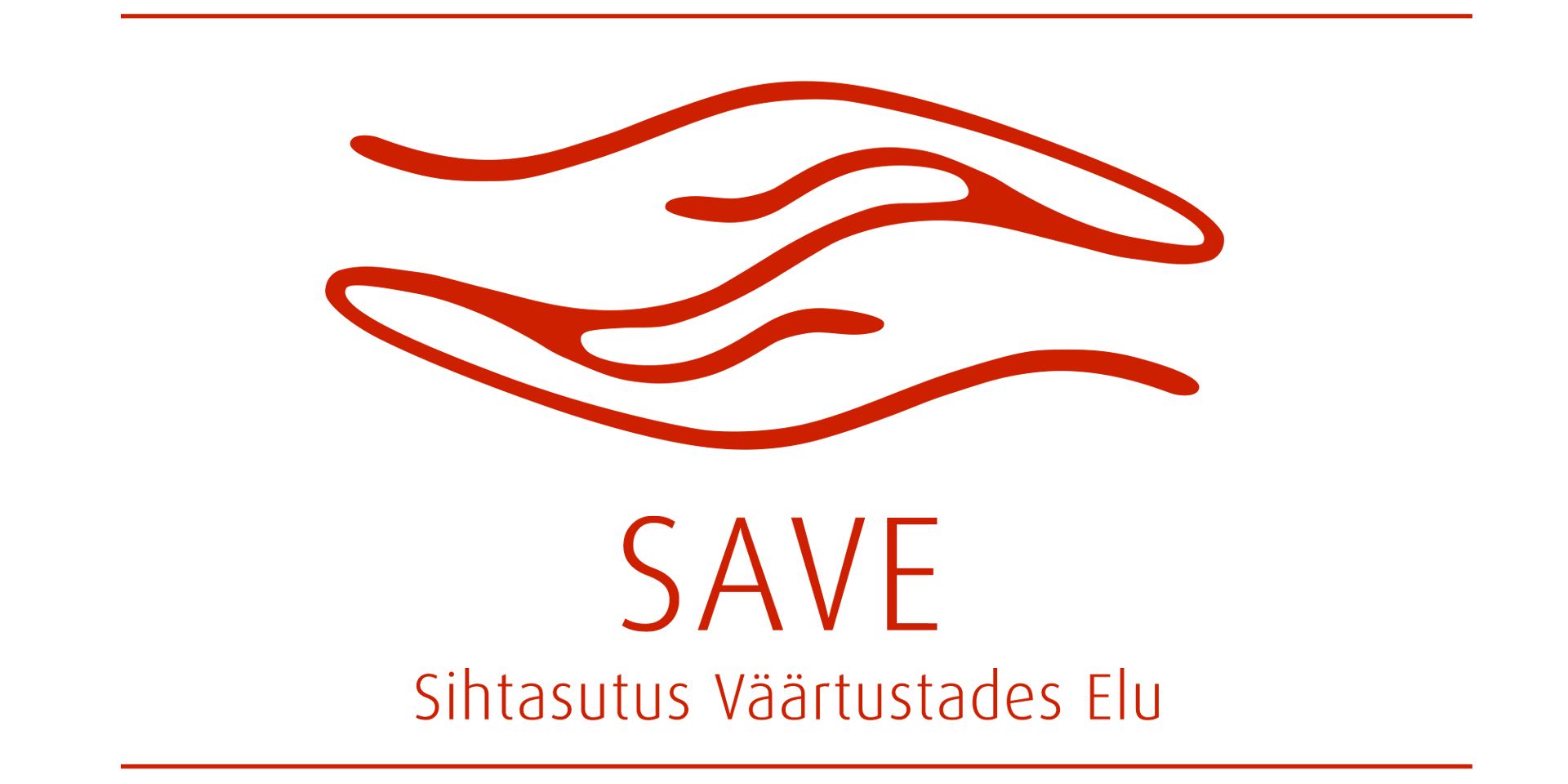Introduction
The terms “mediation” or “mediator” are defined in the professional standard, which is registered by the Estonian Qualification Authority and in the Statute of the Estonian Association of Mediators. It is more the terms “conciliation” and “conciliator” that are used in legal texts (Family Law, Conciliation Act, Criminal Justice Administration Act), but these also represent the same concept as mediation.
The central body responsible for the regulation of the profession of mediator in Estonia is by the professional standard the Estonian Association of Mediators. However, it is the Ministry of Justice that is responsible for the implementation of the Directive 2008/52/EC. Also, the Ministry of Social Affairs is planning to develop the activities of family mediation as social service organized by local communities with the help of the Estonian Association of Mediators.
Mediation is generally admissible for resolving all kinds of civil disputes in Estonia, but it is likely that mediation is most frequently used in the area of family law.
Legislation
Family law
Married or unmarried parents have joint parental responsibility if the filiation to both parents is legally established. If the filiation is only established to one parent, this parent will have sole parental responsibility. After separation of divorce, the joint parental responsibility remains unchanged.
Mediation
The Estonian Code of Civil Procedure (CCP) sets out a general principle for mediation by providing that the court shall take all possible measures to settle the case or a part thereof by compromise or in another manner by agreement of the parties if this is reasonable in the opinion of the court. For such purpose, the court may present a draft of a contract of compromise to the parties, or request that the parties appear before the court in person, or propose that the parties settle the dispute out of court or call upon the assistance of a mediator.
In family matters, there is a special rule in § 563 CCP providing for conciliation by a judge in situations where a parent violates an order relating to contact with a child. According to § 563, on petition by one parent, the court may summon both parents to court in order to settle such a dispute by way of agreement. The court summons the parents to appear in person and informs them of the potential legal consequences of failing to appear. In family matters, there are also several references in CCP that provide that the court may draw attention of the parties to the fact that they can use help of a family adviser.
On 18 November 2009, the Estonian Parliament adopted the Conciliation Act, creating an alternative method for resolving disputes from judicial proceedings. This act came into force on January 1st 2010 and contains rules regulating and promoting recourse to conciliation in civil law disputes, without further specification or restriction. An impartial person (conciliator or mediator) helps the parties resolve the disputed issue in the course of conciliation proceedings. The conciliator may put forward his or her own proposal to the parties.
Almost everyone may be a conciliator under the Conciliation Act: natural persons, notaries, lawyers, conciliation bodies of the state or local government.
The disputing parties may choose their own conciliators. This choice will be based on the neutrality, the experience and professional/legal competence of the conciliators.
In the future, the state or local government may offer mediation and cover the costs of certain mediation services.
International child abduction
Parental abduction is considered a crime according to the Penal Code and can be punished by a fine or an imprisonment up to three years.
Practice
Mediation and conciliation is based on the voluntary participation of the disputing parties.
Mediation and conciliation proceedings are not public and are subject to confidentiality.
The mediator or conciliator must be impartial and independent.
Cost of mediation
Mediation is not free of charge in Estonia. The costs of the mediation or conciliation are purely contractual and mediators or conciliators can freely determine the fees for their conciliation services. Payment is subject to agreement between the mediator and the parties involved. The costs of mediation is split equally between the parties.
If the court finds it necessary to call on a mediator/conciliator to help resolve a dispute, the economically weaker parties can request state aid to cover the costs. Persons can apply for financial support to local authorities. For example Tallinn city is providing free of charge mediation service for low income parties.
Enforceability of mediation agreements
It is important to ensure that a conciliation agreement is executed in a legally enforceable manner. The Conciliation Act acknowledges the importance of a possibility to enforce agreements between parties and sets forth different regimes for recognizing the enforceability of such agreements. Those regimes depend on the status of the conciliator who has helped the parties to reach a compromise within the conciliatory proceedings: agreements reached with the help of state or local municipality bodies, attorneys at laws and notaries are deemed to be more reliable and thus are subject to milder requirements regarding to their enforceability. Agreements reached with the help of all mediators are subject to stricter requirements as far as their recognition as enforceable is concerned.
There is a tendency in recent years in Estonia to involve family mediators to family disputes by judges and if the agreement is reached by the parties in mediation process, it will become the basis of the court order.
Accreditation
The Estonian Association of Mediators has established the professional standard of qualification which will be required of mediators wishing to practice in the field of family mediation in Estonia. This is done in cooperation with the Estonian Qualification Authority, the Ministry of Social Affairs, the Ministry of Justice and professional mediators.
Although the Estonian Association of Mediators has been the main partner of the Estonian Qualification Authority to formulate the professional standards for family mediators, it will also become the competent body to award professional qualifications and issue the professional certificates to mediators.
Training
Family mediation
The specific requirements for the basic and further training of mediators is included in professional standards for family mediators. There is developed the basic national training program regarding family mediation of 160 h by the Estonian Association of Mediators and adopted by the Ministry of Social Affairs in 2009. The continuing training of mediators is also organized by the Estonian Association of Mediators.
International family mediation
There is no specific training regarding international family mediation in Estonia
Organizations
– Estonian Association of Mediators: the goal of this association is to centralize different mediation specialists. The association provides different opportunities for educational programs or continuing education in mediation and supervision. The goals of the association are to develop the field of mediation in general, to develop the certification for Family Mediators and to organize mediation practice for members of the union. www.lepitus.ee
– Estonian Union for Child Welfare: it is a non-profit association that supports children’s rights. They provide advice to parents separating or divorcing, by encouraging them to use the services of conciliators to protect their children’s interests.
– Ministry of Justice: Central Authority under the 1980 Hague Convention on international child abduction. www.just.ee
– Ministry of Social Affairs: www.sm.ee














